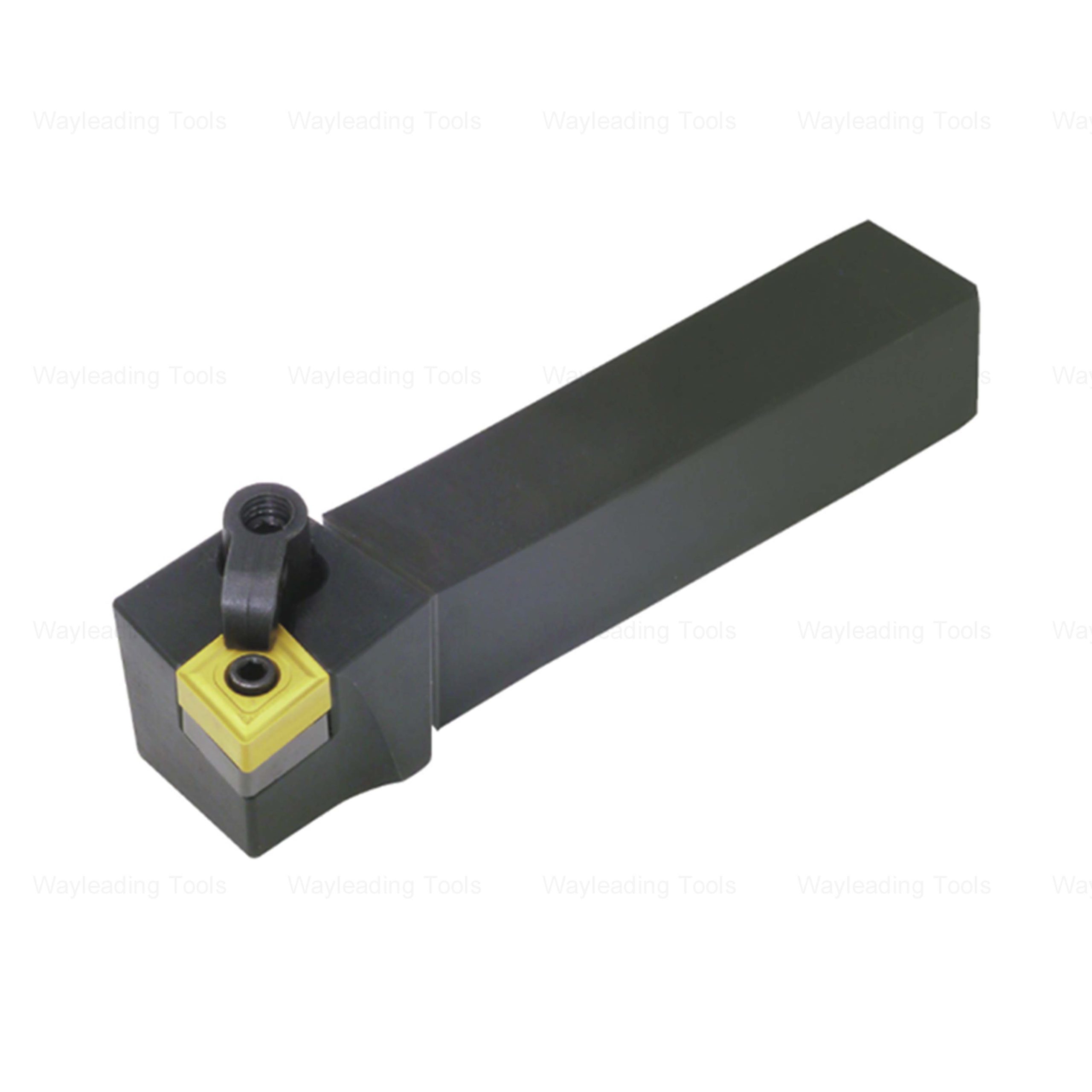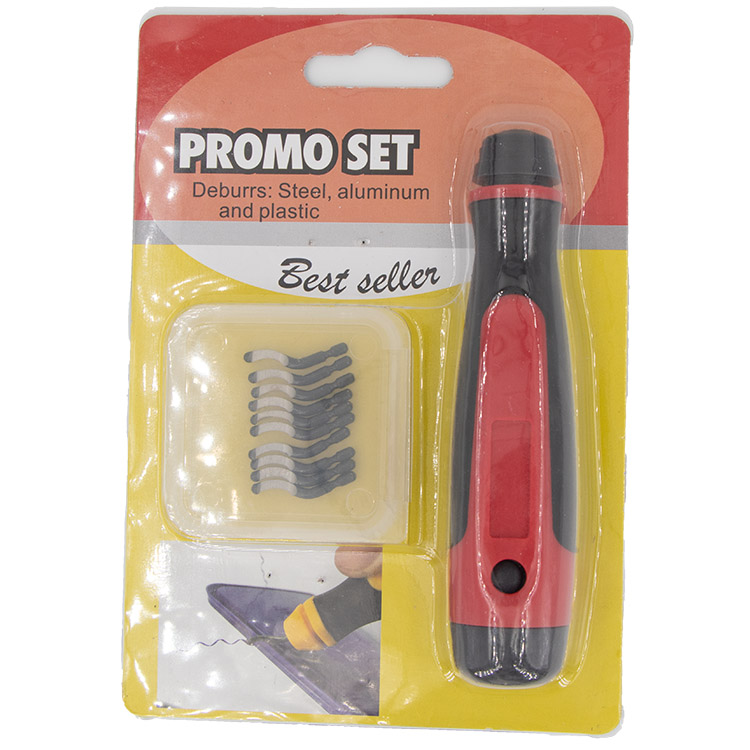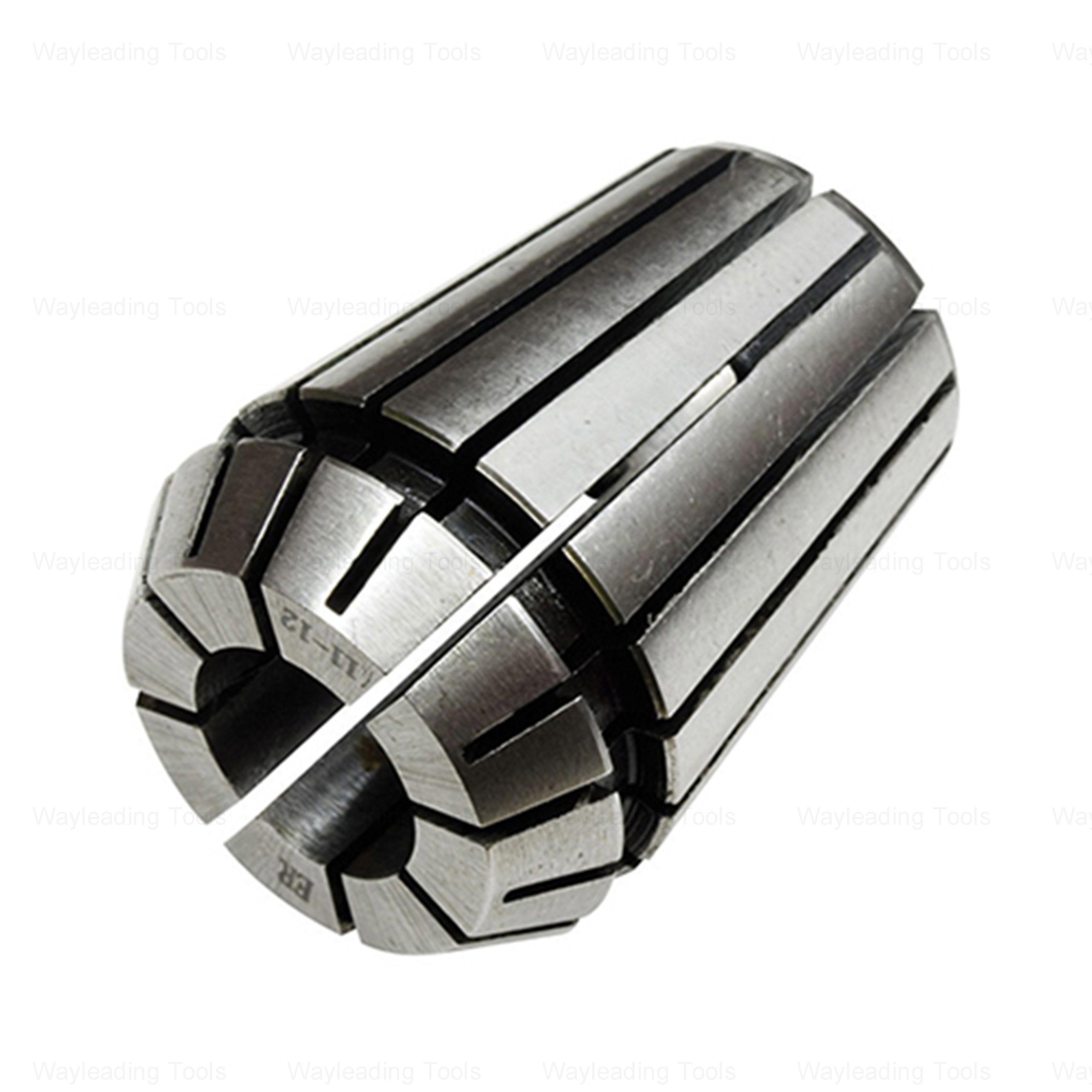metal threading tool Manufacturer
Finding a reliable metal threading tool manufacturer can be challenging. This guide explores key considerations, types of threading tools, factors influencing your choice, and how to evaluate potential suppliers to ensure you select the right partner for your needs.
Understanding Metal Threading Tools
Metal threading tools are essential for creating screw threads on metal workpieces. These threads allow for secure fastening and connection of components in various industries, from automotive and aerospace to construction and manufacturing.
Types of Metal Threading Tools
Choosing the right tool depends on the specific application and material. Here's a look at some common types:
- Taps: Used to create internal threads (e.g., in a nut). Different types include hand taps, machine taps, spiral point taps, and spiral flute taps.
- Dies: Used to create external threads (e.g., on a bolt). Common types include adjustable round dies, hexagonal rethreading dies, and die nuts.
- Thread Mills: Employed for creating threads using a rotating cutting tool. Suitable for both internal and external threading, especially in complex geometries or hard materials.
- Thread Rolling Dies: Used in thread rolling machines to form threads by displacing material rather than cutting it. This process results in stronger threads with better surface finish.
- Single Point Threading Tools: Typically used on lathes, these tools create threads one pass at a time, allowing for precise control over thread parameters.
Factors to Consider When Choosing a Metal Threading Tool Manufacturer
Selecting the right metal threading tool manufacturer is crucial for quality and efficiency. Consider these factors:
- Material Expertise: The manufacturer should have experience working with the types of metals you intend to thread (e.g., steel, stainless steel, aluminum).
- Tool Accuracy and Precision: Look for manufacturers known for producing tools with tight tolerances and consistent thread quality.
- Tool Life and Durability: High-quality tools should be made from durable materials and heat-treated for extended life.
- Customization Options: Can the manufacturer produce custom tools to meet your specific requirements (e.g., non-standard thread sizes or geometries)?
- Production Capacity: Ensure the manufacturer can meet your volume requirements, whether you need small batches or large-scale production.
- Quality Control: A robust quality control system ensures consistent tool quality and minimizes defects.
- Technical Support: Access to technical support can be invaluable for troubleshooting and optimizing threading processes.
- Pricing and Lead Times: Obtain competitive quotes and confirm realistic lead times to meet your production schedule.
Evaluating Potential Manufacturers
Thorough evaluation is key to finding the best metal threading tool manufacturer. Here's how to approach the process:
- Research and Shortlist: Use online directories, industry publications, and referrals to identify potential manufacturers. A good place to start your search is Wayleading Tools, a known supplier of high-quality threading tools.
- Request Quotes: Obtain detailed quotes from multiple manufacturers, specifying your requirements and quantities.
- Review Technical Specifications: Carefully review the tool specifications and materials to ensure they meet your needs.
- Request Samples: Ask for samples to evaluate the tool's quality, accuracy, and performance.
- Visit the Facility (if possible): A site visit allows you to assess the manufacturer's capabilities, quality control processes, and production environment.
- Check References: Contact previous customers to gather feedback on the manufacturer's reliability, service, and product quality.
- Assess Certifications: Look for manufacturers with relevant certifications (e.g., ISO 9001) to ensure adherence to quality standards.
Common Mistakes to Avoid
Avoid these common pitfalls when selecting a metal threading tool manufacturer:
- Focusing Solely on Price: While price is important, prioritize quality and reliability. Cheap tools can lead to poor thread quality, increased downtime, and higher overall costs.
- Ignoring Material Compatibility: Ensure the tools are compatible with the materials you're threading to avoid premature wear and damage.
- Neglecting Tool Maintenance: Proper tool maintenance is essential for extending tool life and maintaining thread quality. Follow the manufacturer's recommendations for cleaning, lubrication, and sharpening.
- Overlooking Technical Support: Choose a manufacturer that provides readily available technical support to assist with troubleshooting and optimization.
- Failing to Conduct Thorough Testing: Always test the tools before using them in production to verify their accuracy and performance.
Examples of Metal Threading Tool Applications
Metal threading tools are used extensively across various industries.
- Automotive: Creating threaded fasteners for engine components, chassis assemblies, and interior fittings.
- Aerospace: Manufacturing high-precision threaded parts for aircraft engines, structural components, and landing gear.
- Construction: Producing threaded rods, bolts, and anchors for structural connections in buildings and infrastructure.
- Manufacturing: Creating threaded components for machinery, equipment, and consumer products.
- Electronics: Manufacturing small, precise threaded fasteners for electronic devices and components.
The Future of Metal Threading Tool Manufacturing
The metal threading tool manufacturing industry is constantly evolving, driven by advancements in materials, machining technologies, and automation. Expect to see:
- Increased use of advanced materials: such as carbide and coatings for improved tool life and performance.
- Greater adoption of CNC machining: for higher precision and efficiency.
- Integration of Industry 4.0 technologies: such as IoT and machine learning for real-time monitoring and optimization of threading processes.
- Growing demand for customized tools: tailored to specific applications and materials.
Conclusion
Choosing the right metal threading tool manufacturer is a critical decision that can significantly impact your production efficiency, product quality, and overall profitability. By carefully considering the factors outlined in this guide and conducting thorough evaluations, you can find a reliable partner that meets your specific needs and helps you achieve your manufacturing goals. Remember to prioritize quality, accuracy, and technical support to ensure long-term success. Companies like Wayleading Tools stand ready to assist with your threading needs.
Related products
Related products
Best selling products
Best selling products-
 Precision 2pcs Angle Blocks Set With High Quality Type
Precision 2pcs Angle Blocks Set With High Quality Type -
 MCLN Indexable Turning Tool Holder
MCLN Indexable Turning Tool Holder -
 Precision Expanding Mandrel From 9/16″ to 3-3/4″
Precision Expanding Mandrel From 9/16″ to 3-3/4″ -
 Precision 10pcs & 12pcs Angle Blocks Set With High Quality Type
Precision 10pcs & 12pcs Angle Blocks Set With High Quality Type -
 Type B Light Duty Deburring Tool Set With Deburring Holder And Deburring Blade
Type B Light Duty Deburring Tool Set With Deburring Holder And Deburring Blade -
 Metric ER Collets – High Precision, for Milling Applications
Metric ER Collets – High Precision, for Milling Applications -
 Precision V Block And Clamps Set With High Quality Type
Precision V Block And Clamps Set With High Quality Type -
 CNMG & CNMM Turning Insert For Indexable Turning Tool Holder
CNMG & CNMM Turning Insert For Indexable Turning Tool Holder -
 Precision Monoblock Vernier Caliper With Nib Style Jaws Of Metric & Imperial For Industrial
Precision Monoblock Vernier Caliper With Nib Style Jaws Of Metric & Imperial For Industrial -
 Precision Outside Micrometer Of Inch & Metric With Rachet Stop
Precision Outside Micrometer Of Inch & Metric With Rachet Stop -
 Inch HSS 1/2″ Reduce Shank Drill Bit For Metal Cutting Of High Precision
Inch HSS 1/2″ Reduce Shank Drill Bit For Metal Cutting Of High Precision -
 Precision Magnetic Base With Fine Adjustment For Dial Indicator
Precision Magnetic Base With Fine Adjustment For Dial Indicator










